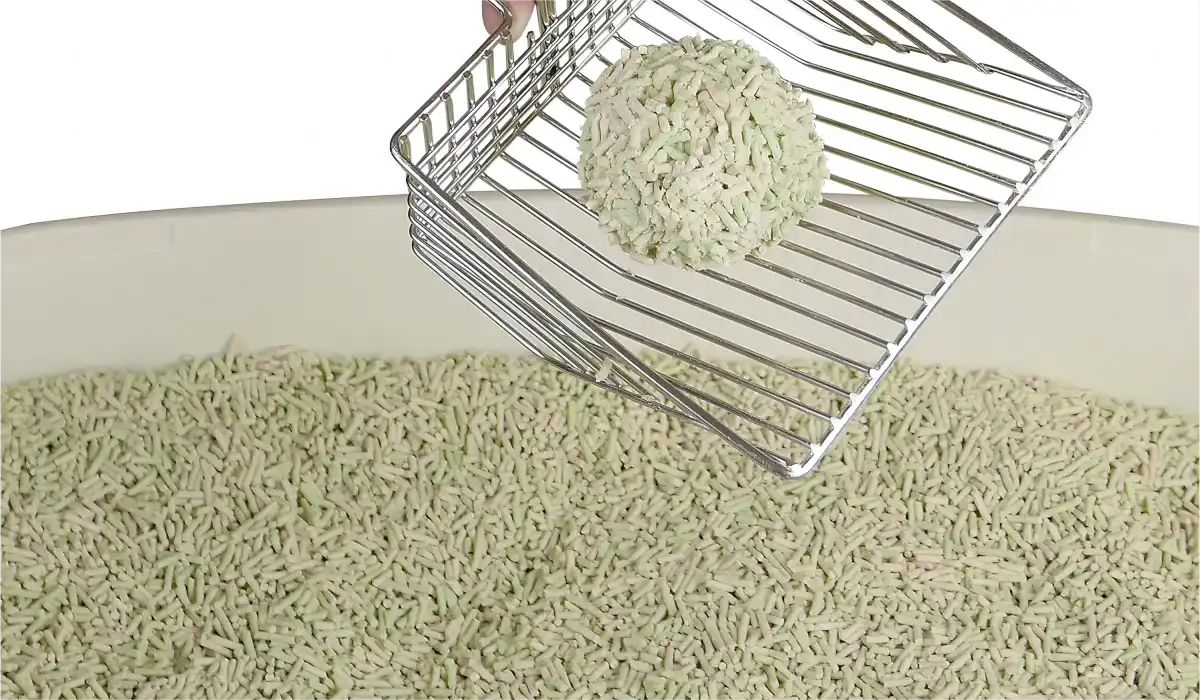
For many cat parents, the litter box is an essential part of living harmoniously with our feline friends. It is not just about odor control; maintaining a clean litter box is crucial for the health and well-being of both the cat and their human companions.
But with various types of litter, boxes, and cat behaviors, how do we ensure we're keeping up with the cleanliness that our cats deserve?
This blog post delves into the importance of regular litter box maintenance and offers guidelines to help you establish a routine that keeps your home fresh and your cat happy.
The Importance of Keeping the Litter Box Clean
Cats are known for their cleanliness; they spend a significant portion of their day grooming themselves. A clean litter box mirrors their natural desire for cleanliness and helps prevent behavioral issues like avoiding the litter box.
Moreover, a well-maintained litter box is vital for preventing the spread of bacteria and parasites, which can affect not only your cat's health but also yours.
Ammonia fumes from urine can become overwhelming if not cleaned regularly, creating an unhealthy environment for everyone in the household.
Key Benefits of Regular Litter Box Maintenance
- Health and Comfort for Your Cat:
A clean litter box prevents urinary tract infections, diarrhea, and other health issues in cats. It also makes the litter box more inviting for your cat, encouraging proper litter box use.
- Odor Control:
Regular cleaning helps minimize unpleasant odors, keeping your home smelling fresh.
- Disease Prevention:
Keeping the litter box clean reduces the risk of disease transmission to humans, such as toxoplasmosis, especially important for pregnant women and immunocompromised individuals.
- Behavioral Benefits:
A clean and accessible litter box reduces the likelihood of your cat developing aversions to the box or engaging in inappropriate elimination.
How Often to Scoop the Litter
The golden rule for scooping is at least once a day. This frequency helps prevent odors from setting in and makes the litter box more inviting for your cat.
Regular scooping also allows you to monitor your cat's urine and feces for any signs of health issues, such as changes in frequency, color, or consistency, which can be early indicators of health problems.
If you don't want to clean on your own, self-cleaning cat litter boxes might be the perfect solution for you. Take look at our top pick for the best self-cleaning litter box.

How Often to Change the Litter
How often you need to replace the entire litter will vary depending on the type of litter and the number of cats in your household. Clumping litter, for example, may require less frequent changes than non-clumping varieties, as it's easier to remove waste. A good rule of thumb is to completely change clumping litter every two to three weeks and non-clumping litter weekly. If you have multiple cats, you may need to change the litter more frequently to maintain cleanliness.
How Often to Clean the Litter Box
Washing the litter box should be part of your routine litter maintenance. Once a month is a recommended frequency, but you might need to do it more often if you notice any lingering odors or if the box becomes visibly soiled (once a week to every other week). Use hot water and a mild detergent or a mixture of water and vinegar for cleaning; avoid ammonia-based cleaners, which can mimic the smell of urine and deter your cat from using the box.
Tips for Keeping Your Litter Box Clean
- Scoop Daily:
Remove clumps and solid waste at least once a day to keep the box fresh.
- Regular Replacement:
Completely change out the litter and clean the box with a mild detergent on a regularly basis, typically once a week for non-clumping litter and every two to three weeks for clumping varieties.
- Choose the Right Litter:
Select a high-quality, absorbent litter that your cat prefers, which can also help control odor and make cleaning easier.
- Multiple Boxes:
If you have more than one cat, ensure you have multiple litter boxes placed in quiet, easily accessible locations to encourage use.
- Immediate Clean-up:
Address any accidents outside the box immediately to prevent repeat offenses and maintain hygiene.
You can find more details about how to clean your cat litter box here.
Conclusion
Keeping the litter box clean is more than just a chore; it's a vital part of your cat's health and happiness. By establishing a regular cleaning routine, you can prevent unpleasant odors, monitor your cat's health, and provide a clean, comfortable space for your cat to do their business. Remember, a clean litter box leads to a happy cat and a happy home.


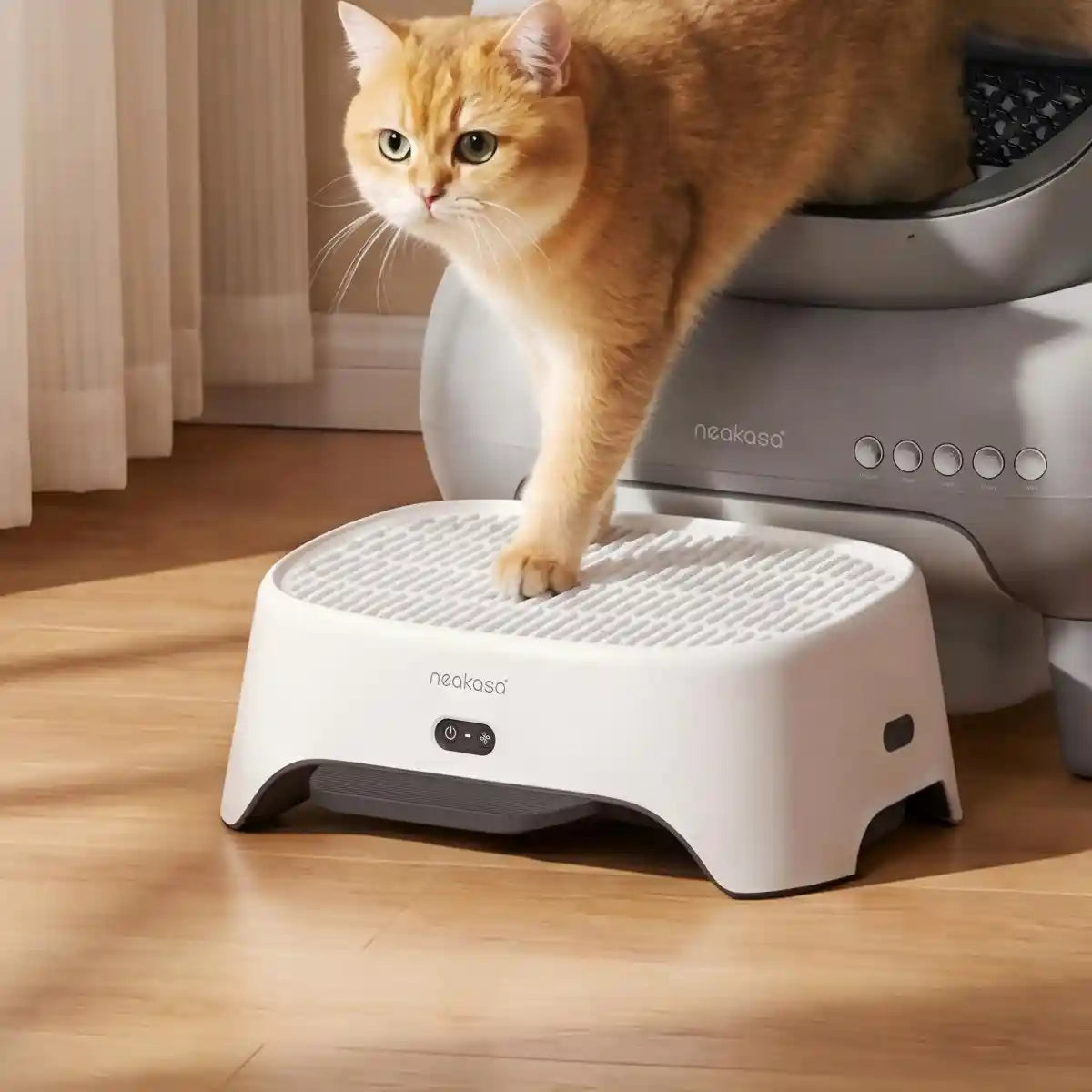
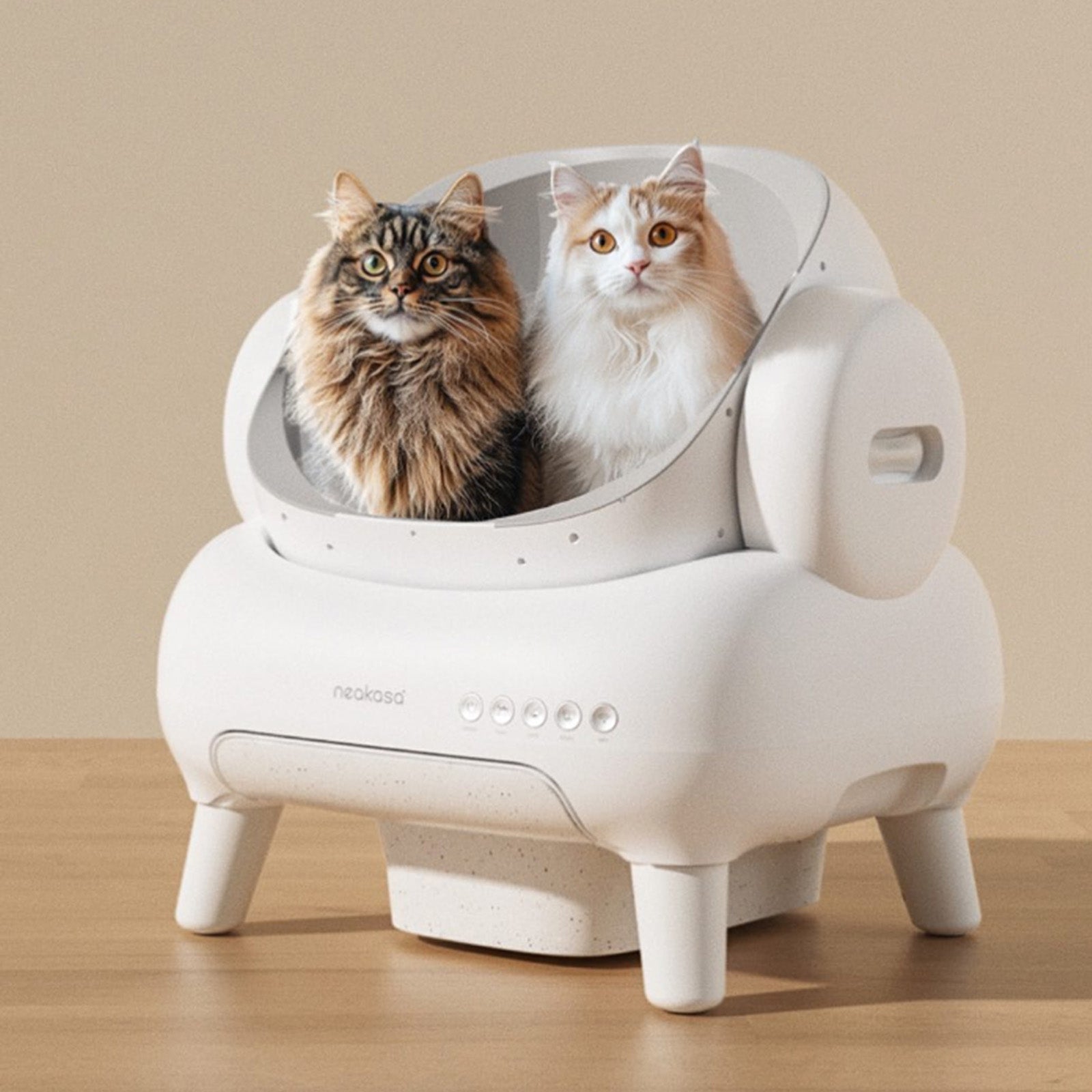
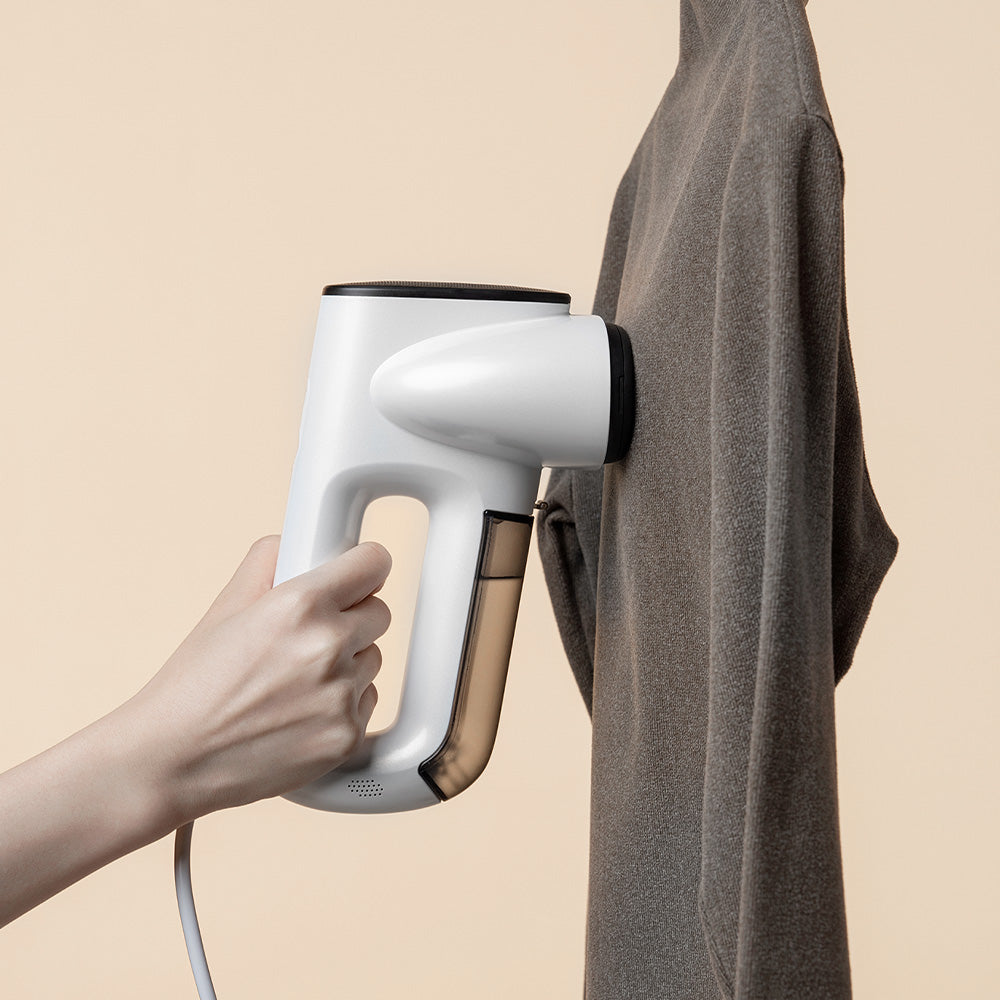
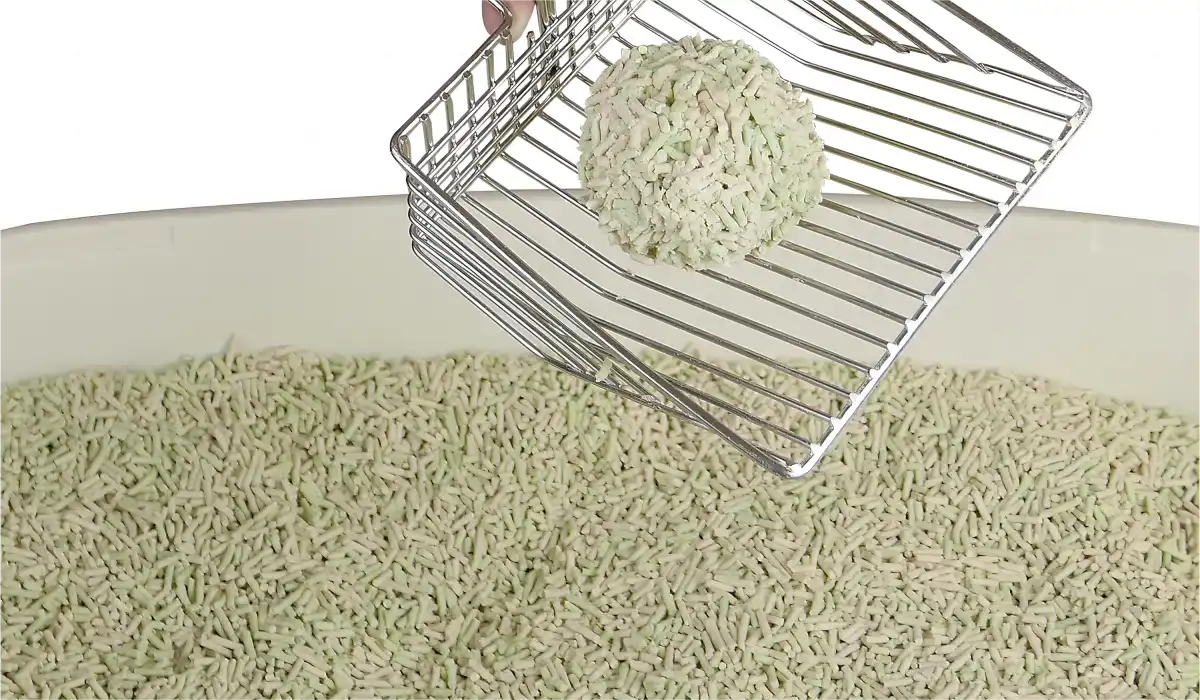
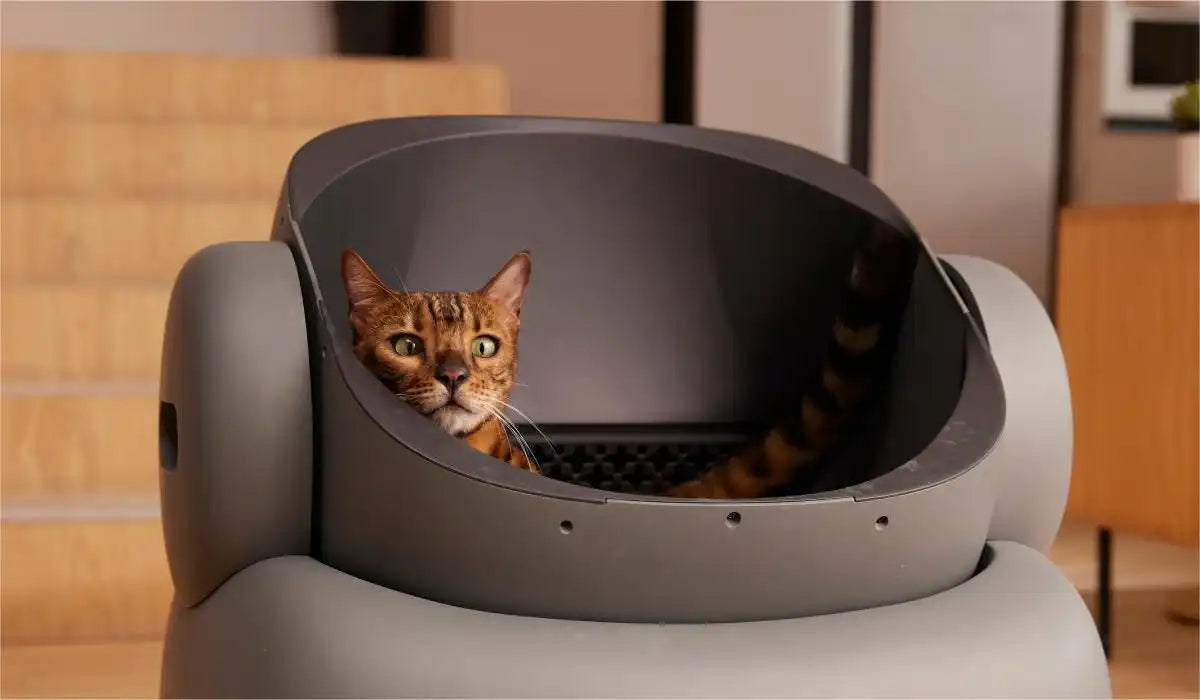
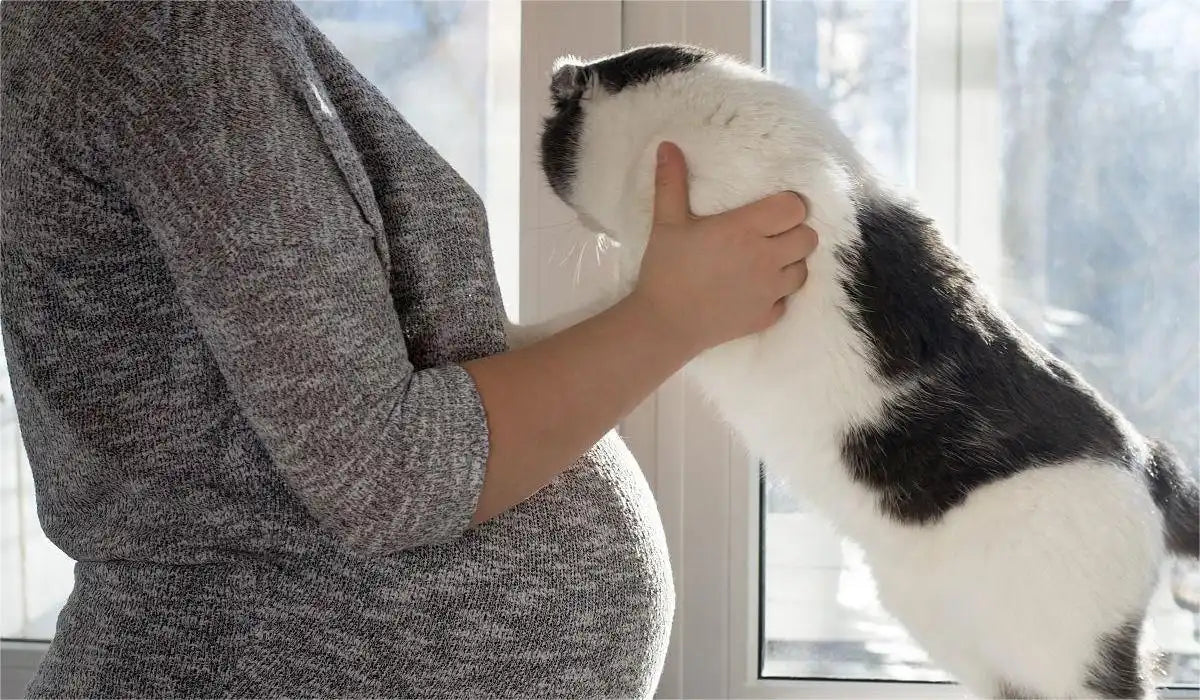
Leave a comment
This site is protected by hCaptcha and the hCaptcha Privacy Policy and Terms of Service apply.